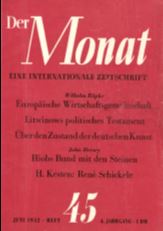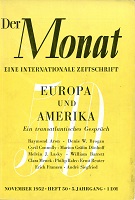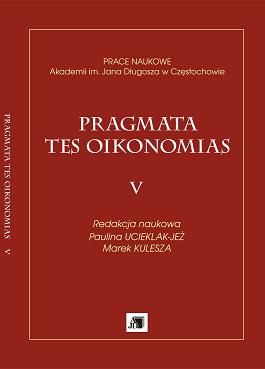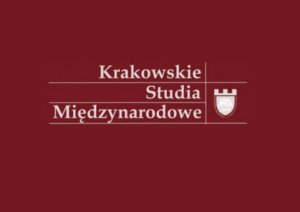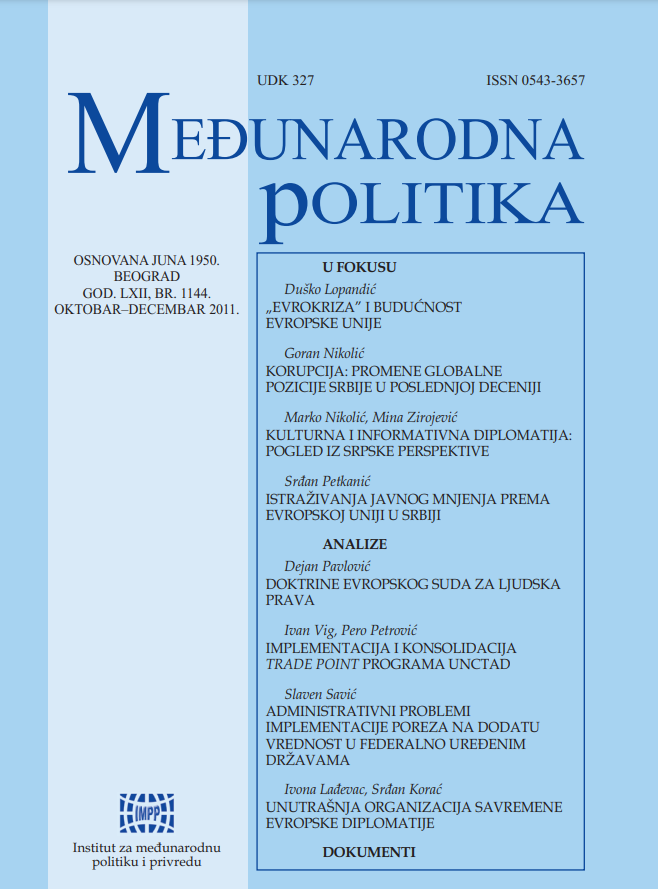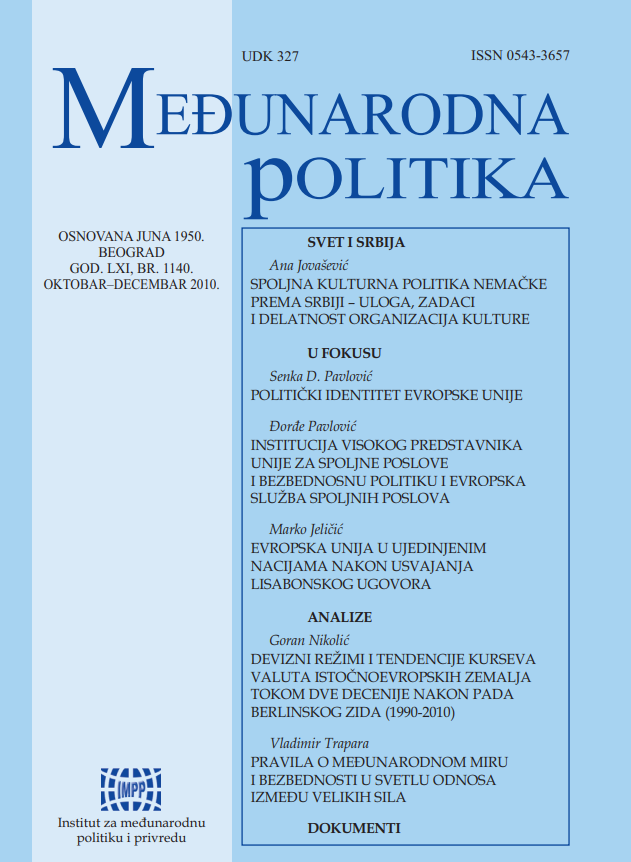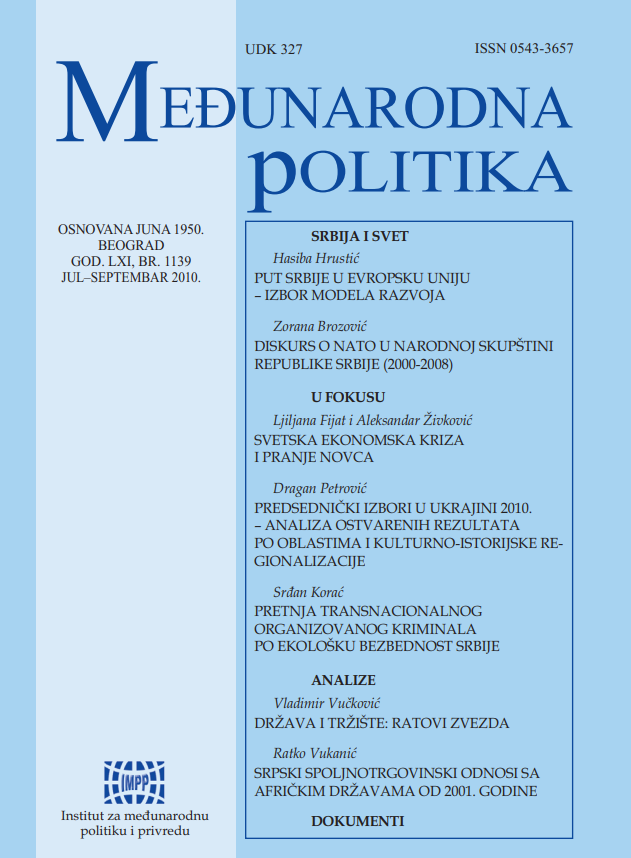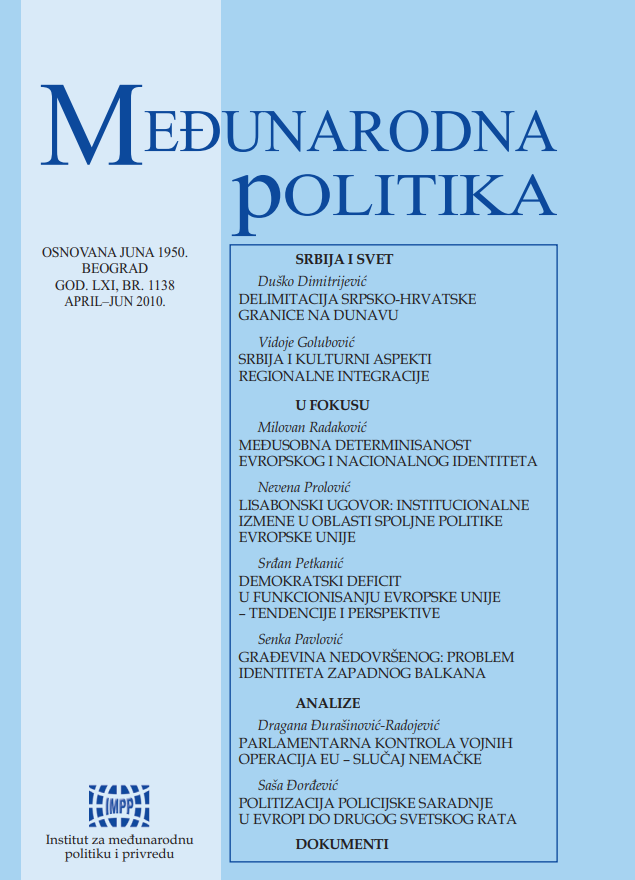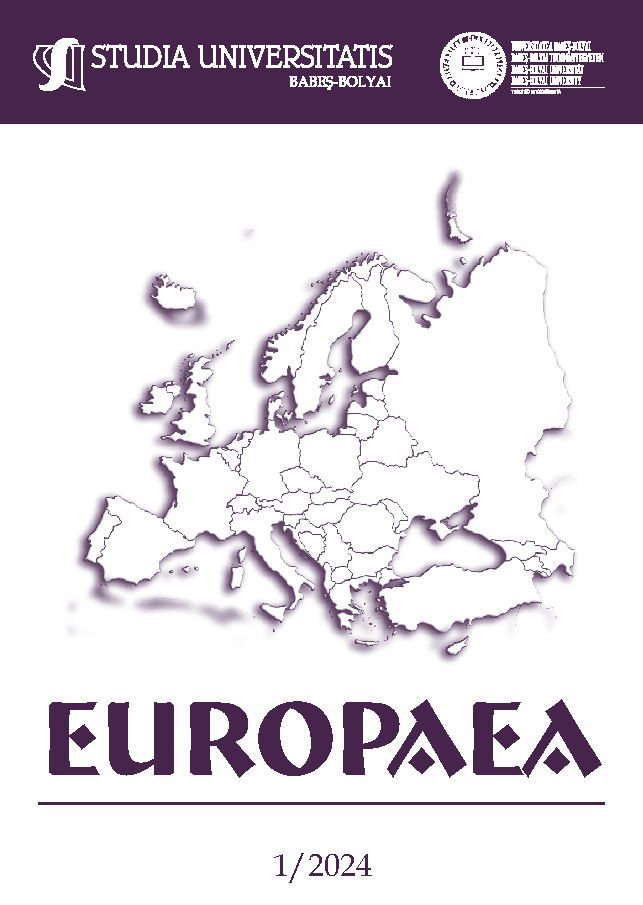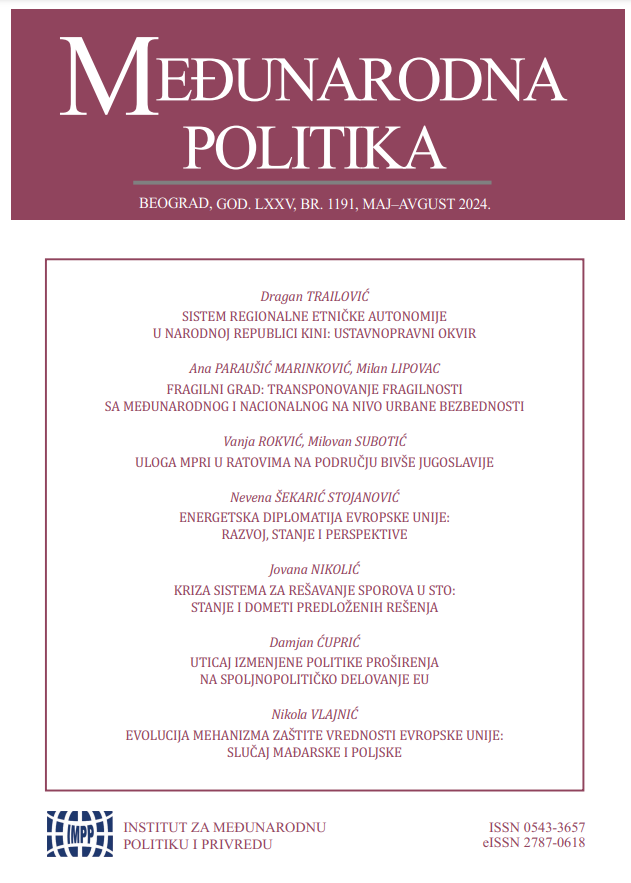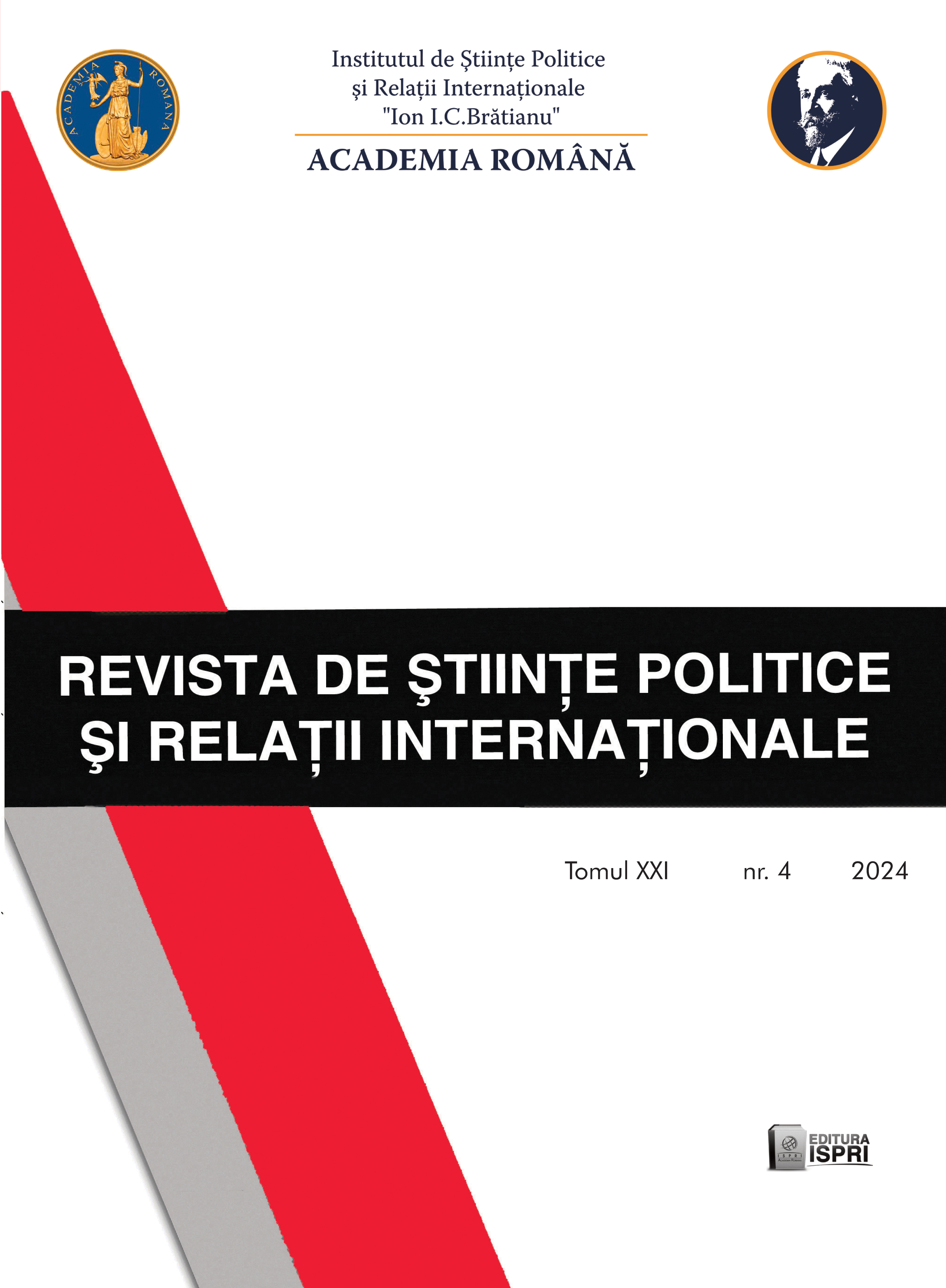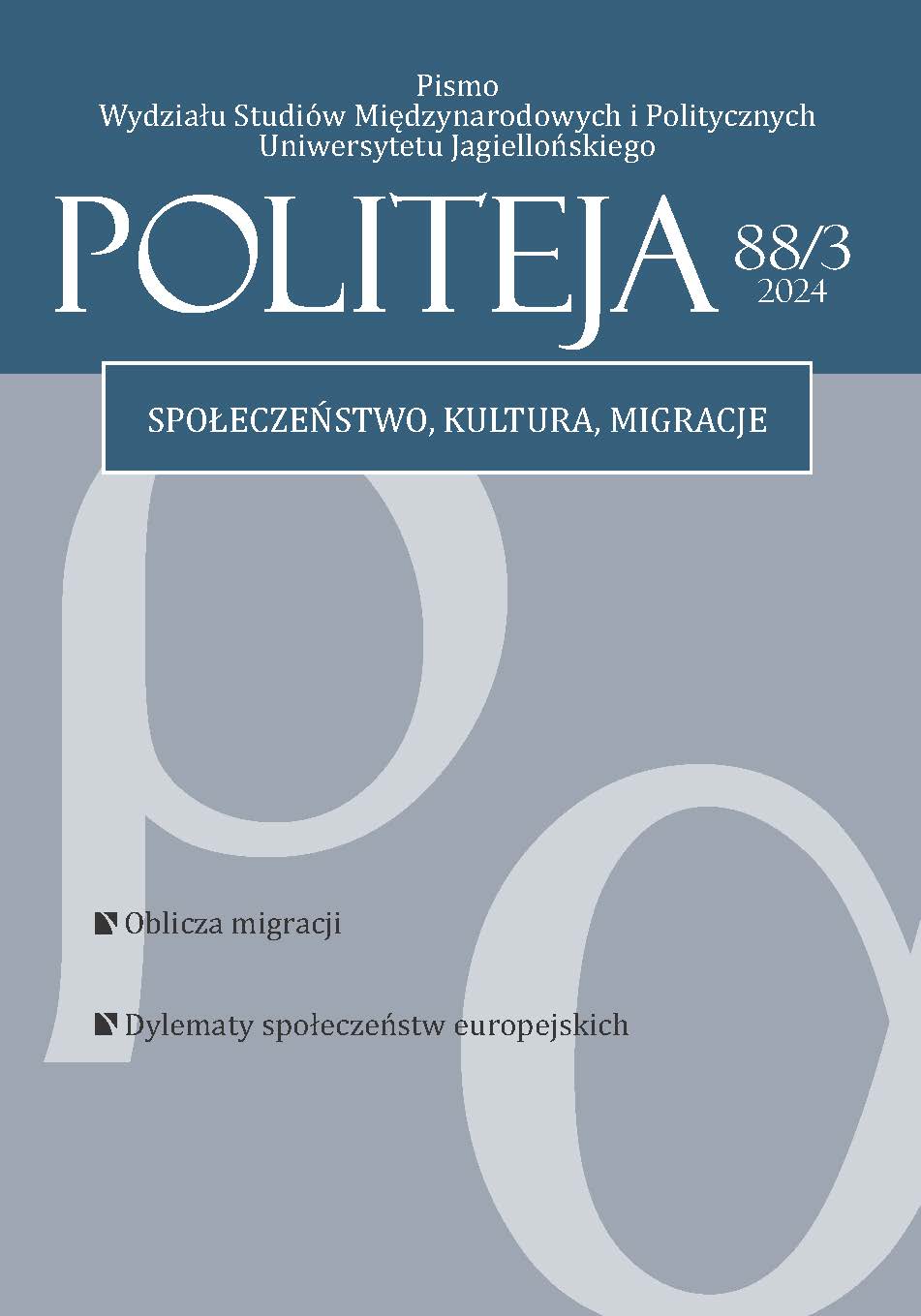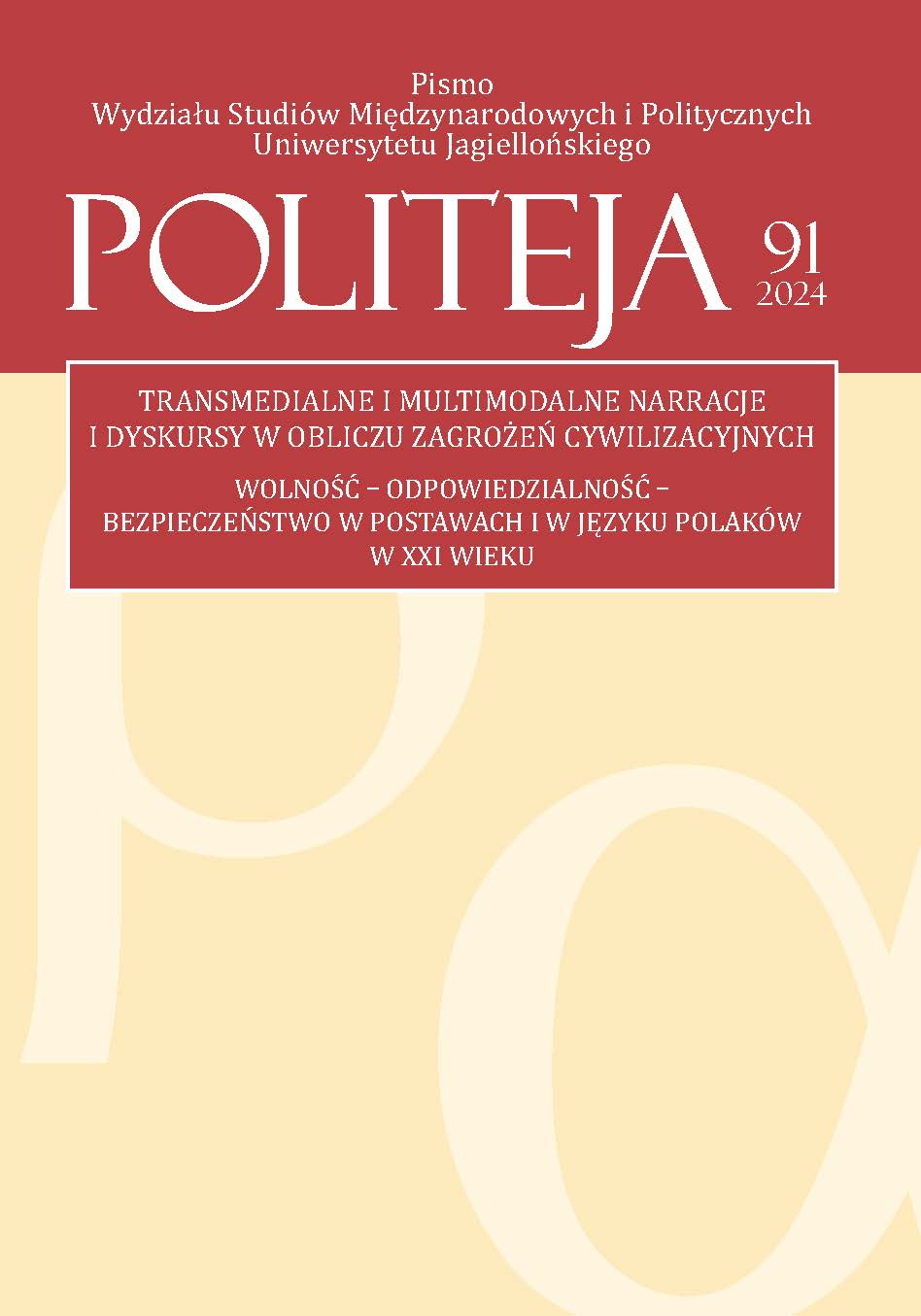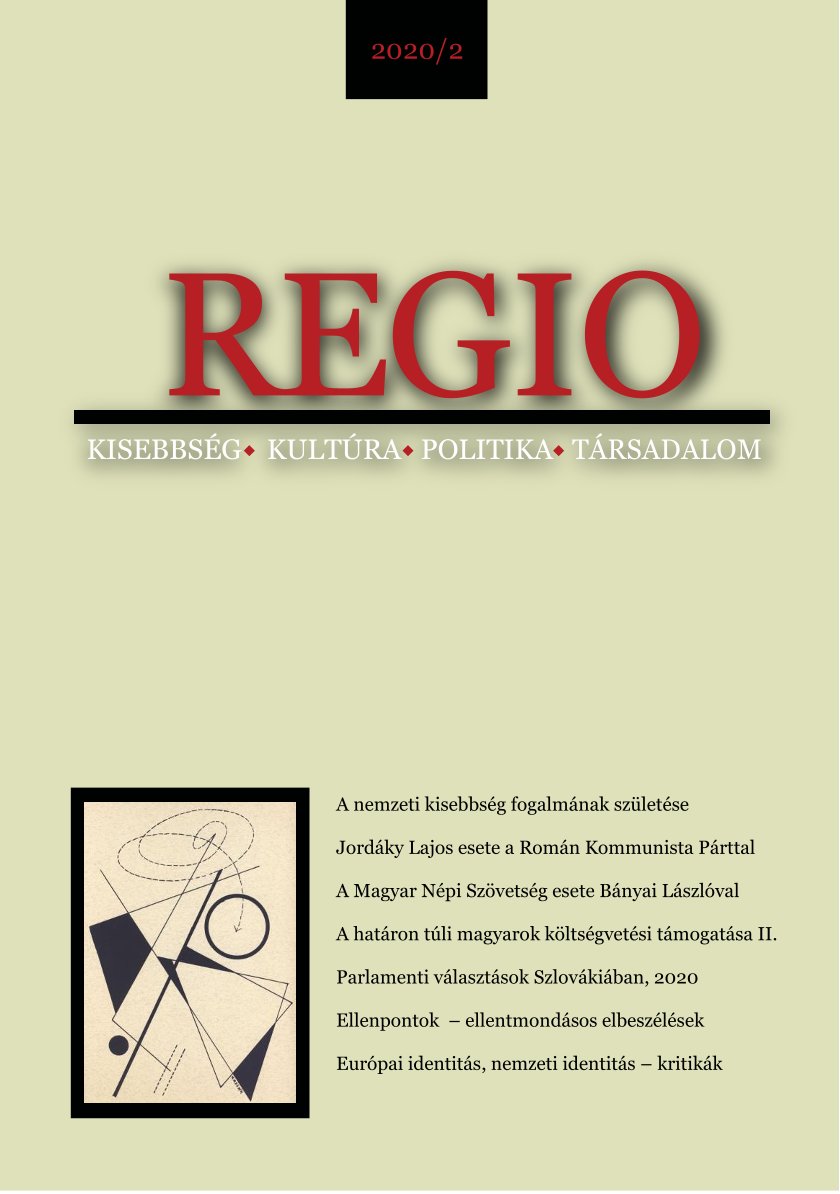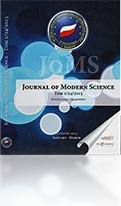
Droga Unii Europejskiej do utworzenia federacji
Does the European Union will become a federation? This question rankle many scientists, politicians, and especially citizens of countries belonging to the European Union. At the same time it should be noted that the process of European integration from the beginning were focused to create a political union. Therefore, the aim of this article is to present the way of the Member States of the European Union towards the establishment of a federal state. The article is a theoretical analysis of selected books, articles and Internet sources. It consists of three parts. In the first, the authors analyze the current political system of the European Union. In the second, they represent the perspective of the evolution of the political system of the European Union in the coming years. In the third part, they are trying to prove that the federation would be the optimal political system for countries belonging to the European Union.
More...
